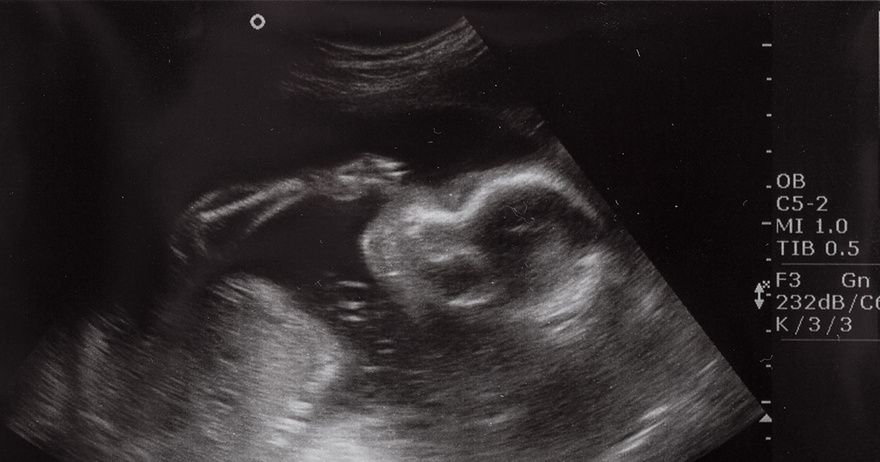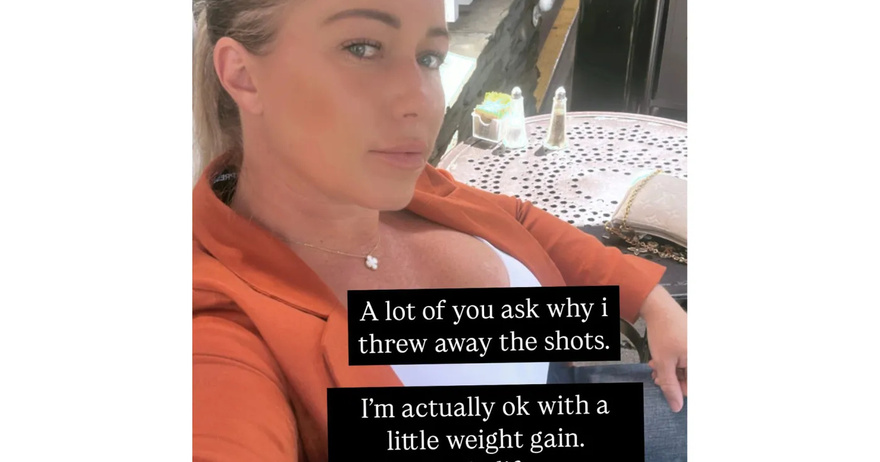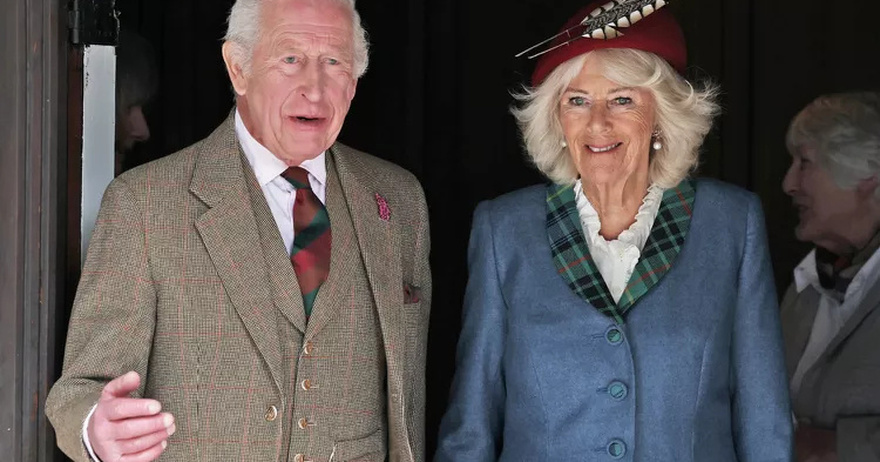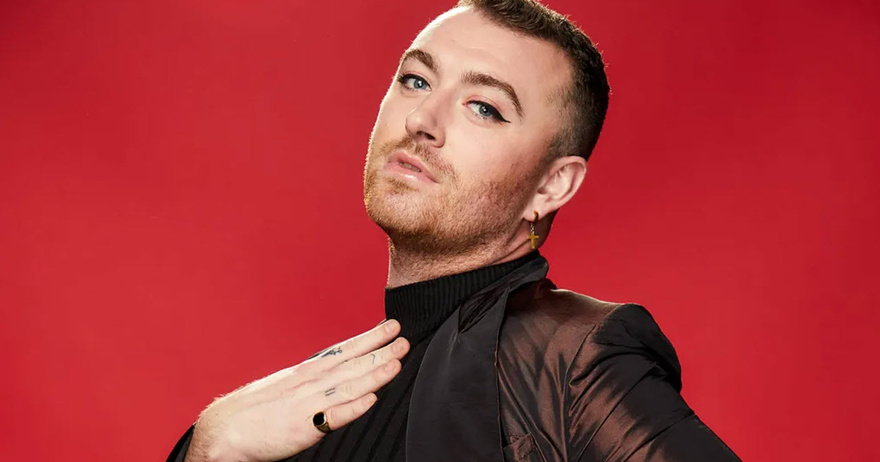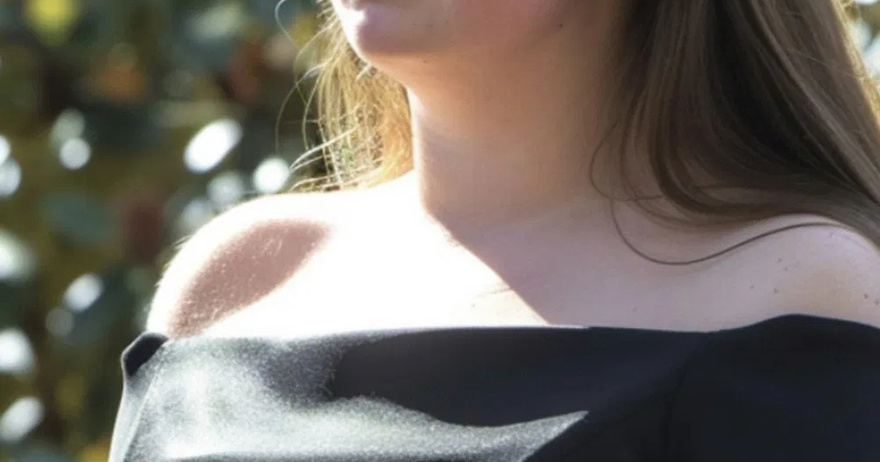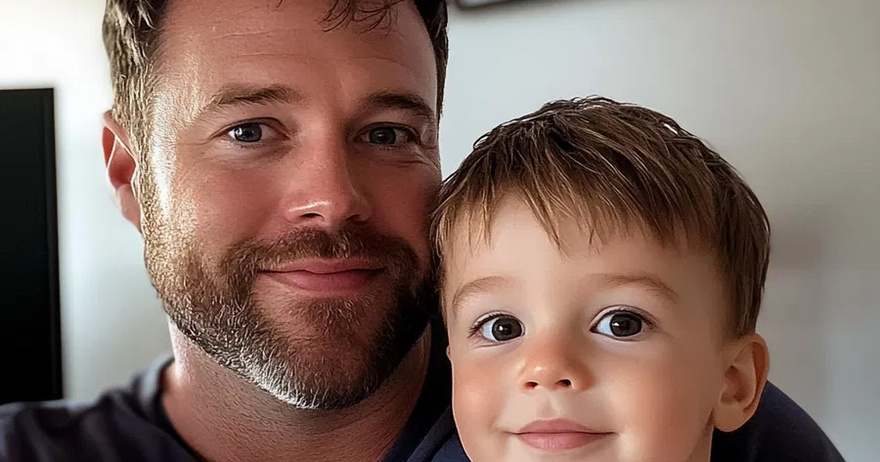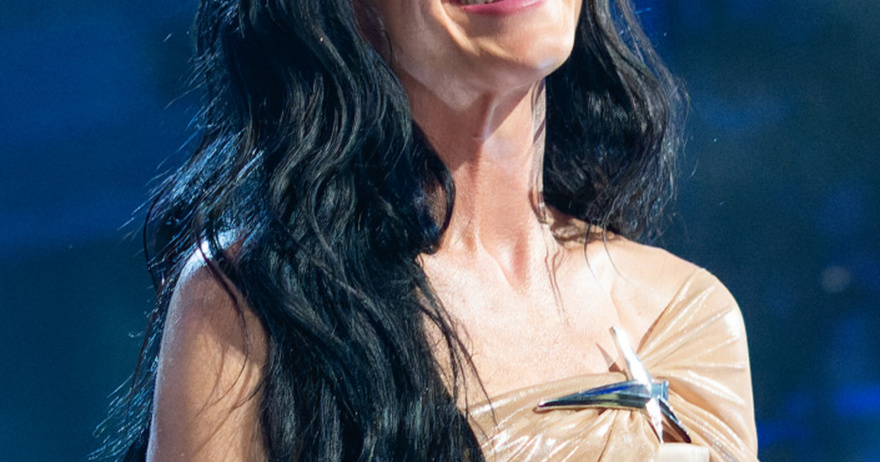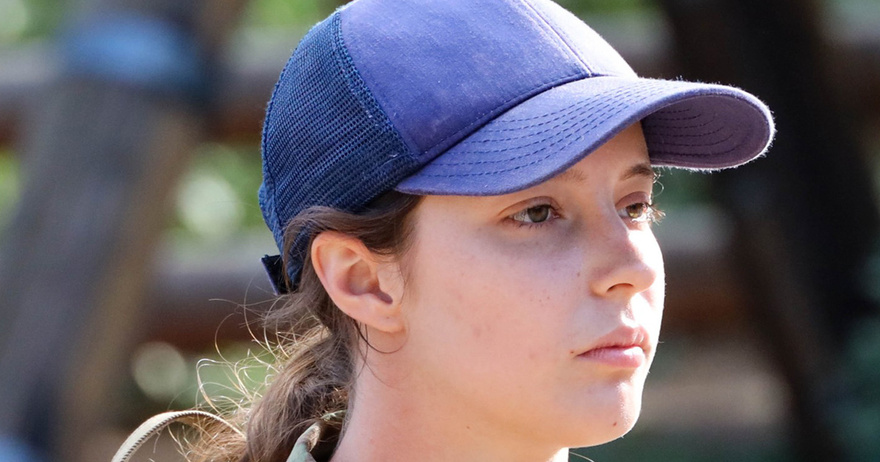In 2010 Tammy Gonzalez walked into her 17-week ultrasound feeling excited. Like most expectant moms, she was eager to see her growing baby and share the experience with her husband. The scan started off as normal. Her baby looked active, healthy, and full of life.
However, something odd appeared on the screen. It looked like a small bubble coming out of the baby’s mouth. Tammy laughed and joked that her daughter was blowing bubbles. But the ultrasound technician didn’t laugh.
Instead, she paused. The mood shifted instantly. The doctor stepped in to examine the screen. What Tammy thought was a light-hearted moment quickly turned serious. The shape wasn’t a bubble. It was a mass — and it was growing from the baby’s mouth.
“You can imagine what goes through your head. ‘What is this?’ Nobody could really give me an answer because it’s so rare,” said Gonzalez.
After more detailed imaging, doctors delivered the shocking diagnosis: a fetal oral teratoma. This extremely rare tumor appears in about one in every 100,000 pregnancies. More importantly, it posed a major risk. If left alone, it could block the baby’s airway at birth, causing her to suffocate before she ever had the chance to cry.
“At Jackson [Memorial Hospital] we would have to wait about 20 years to see one tumour like this,” Dr Ruben Quintero said. “The concern with these tumours is that they can grow very rapidly,” he clarified that this leads to severe bleeding in the baby and miscarriage. The few infants who survive until birth need an emergency tracheotomy and several surgeries.
Life-or-Death Decision: Surgery or Saying Goodbye
The news was devastating. Doctors explained the situation thoroughly. Tammy had two options. She could terminate the pregnancy, or she could attempt something never done before — remove the tumor while the baby was still in the womb.
“If she was ultimately delivered alive, there was no guarantee that she would be normal, she’d have a tracheotomy, numerous surgeries, she’d have deformities,” said Gonzalez.

Understandably, the decision wasn’t easy. Yet Tammy didn’t hesitate for long. She chose to fight for her baby’s life. Doctors at Jackson Memorial Hospital in Miami took on the case. It would become the world’s first successful removal of this kind of tumor in utero.
She met with specialists, underwent more scans, and prepared for surgery. The risks were high and there were no guarantees. Even so, Tammy felt a deep sense of trust in her doctors and unwavering faith in her baby’s strength. She wanted to give her daughter every chance she could.
Soon after, the medical team used a minimally invasive method called fetoscopic surgery. They made small incisions in Tammy’s abdomen and inserted a camera along with tiny surgical tools. With laser precision, they carefully removed the tumor while the baby floated safely in the womb. Her heart kept beating. She stayed still throughout the delicate hour-long procedure.
When it was done, the tumor was gone. The baby showed no signs of distress and Tammy’s womb was closed. She was able to contiue with the pregnancy and everyone could exhaled with relief.
A Baby Girl, Born Breathing on Her Own
Several weeks later, Tammy gave birth to a healthy baby girl, whom they named Leyna. Against all odds, Leyna came out crying — the very sound the family feared might never come.
She needed no breathing tubes or emergency interventions, just a beautiful newborn in her mother’s arms. Doctors examined her thoroughly. The tumor had been completely removed. Leyna showed no issues with feeding or breathing. Over time, she met every developmental milestone with ease.
Tammy called her a miracle. And so did the doctors. Not surprisingly, Leyna’s case was soon shared across medical journals and conferences. This wasn’t just a successful birth — it was a breakthrough in fetal medicine.
Oral teratomas are dangerous not just because of their size but also because of their placement. They often block the airway or grow close to critical structures. That makes delivery extremely risky. In many cases, babies don’t survive.
Before this case, doctors would wait until birth to attempt surgical removal. Unfortunately, that approach left little room for success in severe cases. But Leyna’s story changed that narrative entirely. It showed that fetal surgery, when done early, could work.
As a result, the medical world took notice. New treatment options are now considered for similar high-risk pregnancies. Surgeons have more confidence and parents have more hope.
Tammy’s decision — combined with the doctors’ skill — helped set a new standard for what’s possible inside the womb. It proved that life-saving action doesn’t always need to wait for delivery.
Years later, Tammy still remembers that ultrasound moment vividly. What looked like her baby “blowing bubbles” turned out to be the start of a life-changing journey.
She never imagined that her daughter would become part of medical history. More importantly, she never imagined she could lose her.
Today, Leyna is a healthy, happy child. She runs, plays, and laughs like any other kid. She doesn’t remember the surgery. However, one day, she’ll hear the full story — how she fought for life before she was even born.
Tammy hopes her story inspires others. She wants parents to know that even the scariest diagnosis can have a happy ending. She also wants people to trust in the progress of modern medicine.

It all began with one ultrasound, one unexpected bubble, and one incredibly brave decision. And the unshakable belief that her baby’s life was worth fighting for.
King Charles Shares Emotional Easter Message of Love amid Cancer Treatment
Sam Smith Is Neither A Man Or A Woman, Claims They Are A Mix Of All Things.
My Dad Walked Out When I Was Three—At His Funeral, I Discovered the Surprising Gift He Left Me in His Will
Khloé Kardashian Reveals She Doesn’t Allow Her Kids to Have Sleepovers — and Why She’s ‘Very Strict About It’
